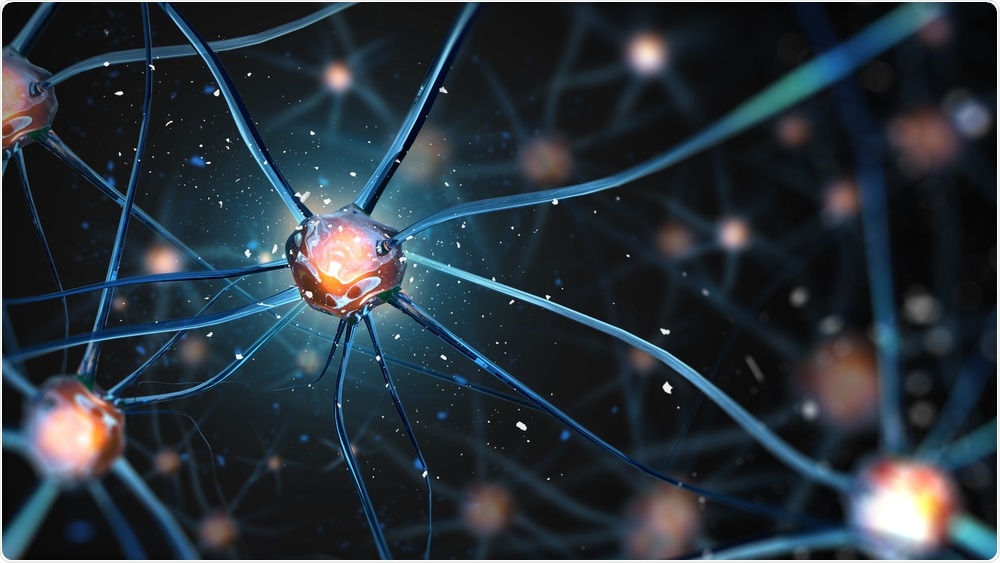Researchers at the University of Utah have discovered that the symptoms seen in autism may be linked to how regions of the brain communicate.
 Andrii Vodolazhskyi | Shutterstock
Andrii Vodolazhskyi | Shutterstock
The study, which has recently been published in the journal JAMA Network Open, suggests that the symptoms may be the result of sustained connections between brain regions.
People with autism do not like unexpected stimuli, and it may be because brains are not as efficient at rapidly shifting between ideas or thoughts.”
Je Anderson, Senior Author
Anderson and colleagues decided to investigate how local circuits in the brain react in patients with autism.
They used a new fMRI technique called multiband, multi-echo resting-state functional MRI to image synchronized activity across 300 brain regions. The technique, which takes images of the brain faster than once per second, measures the average duration of functional connectivity between brain regions.
Anderson says good methods for looking at the brain on these time scales have not been available and that it has been a blind spot because it falls in between typical MRI and EEG studies.
For the study, the team performed fMRI scans on 52 patients with autism (aged 19 to 34 years) and 38 age-matched controls.
The fMRI scans revealed that connections within the brains of patients with autism are prolonged compared to patients who do not have the condition. This suggests that in autism, the brain does not easily switch from one activity to another.
The findings were then compared to the results of a study called ABIDE (Autism Brain Imaging Data Exchange) which included 579 patients with autism and 823 controls.
The ABIDE study supported the team’s own finding that brain connectivity persists for a longer duration in patients with autism.
Anderson says that the connection between brain regions seems to fade out more quickly among typically developed people, but that activity stays synchronized for up to 20 seconds in people with autism.
The study also demonstrated that the symptoms of autism were more severe, the longer the synchronization lasted.
"Individuals with autism who have greater social dysfunction have an increase in synched activity in their scans," said Jace King, first author of the study.
Anderson believes the findings open up a new and exciting path of discovery and would now like to compare the findings from this analysis to more traditional methods:
This is a whole new perspective into how autism works in the brain and can help us develop strategies for treatment and finding medications that might be more effective to ease the symptoms of the disorder."
Je Anderson, Senior Author